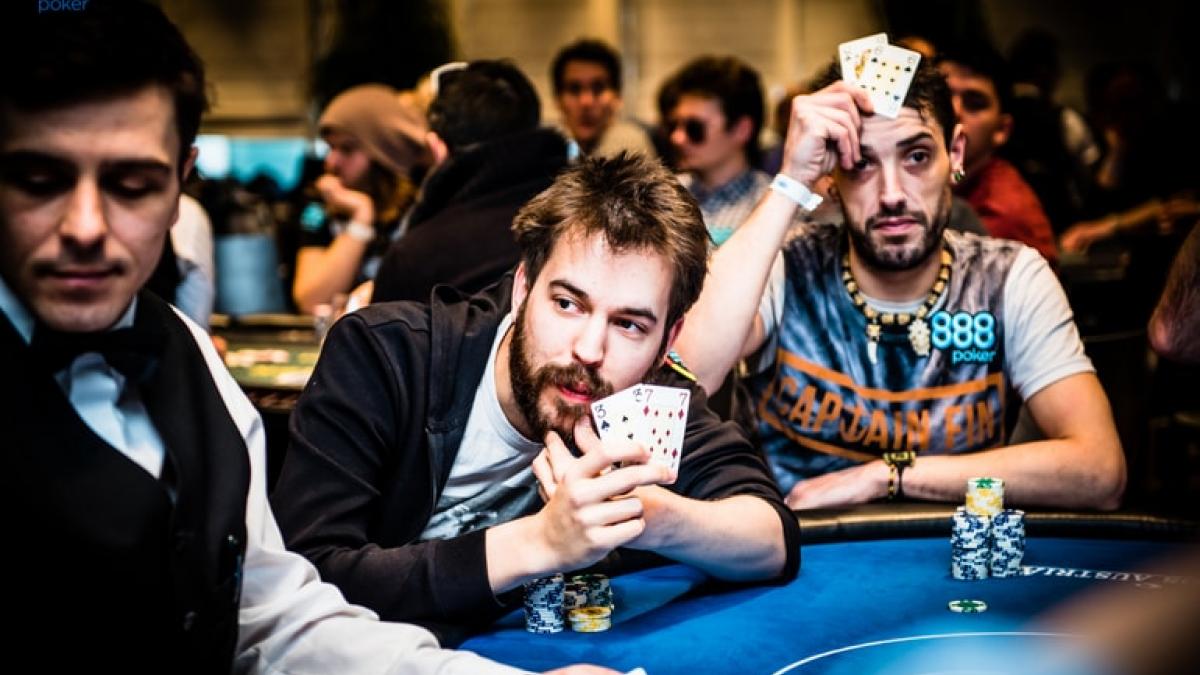Poker, with its blend of skill, strategy, and luck, has captured the hearts and minds of players around the world. Beyond the mathematics and psychology that govern the game, there exists a realm of superstitions. From wearing lucky charms to following specific rituals, poker players have long held beliefs in supernatural forces that can influence their gameplay. But the question remains: Are these poker game superstitions real or just figments of imagination? In this blog, we delve into the fascinating world of poker superstitions to explore their origins, the psychology behind them, and whether there is any truth to these mystical beliefs.
The Origins of Poker Superstitions:
Superstitions have deep roots in human history and are often associated with games of chance. Poker, being no exception, has accumulated its fair share of mystical beliefs over the years. Some superstitions trace back to ancient civilizations, where rituals and symbols were thought to appease the gods of fortune. Others have emerged through anecdotal experiences and folklore, perpetuated by players as a means to gain an edge in the game. Regardless of their origins, these superstitions continue to shape the behavior and mindset of poker players today.
Psychology Behind Superstitions:
To understand the prevalence of superstitions in poker, it’s essential to examine the psychological factors that contribute to their existence. Human beings have an innate tendency to seek patterns and create meaning, even in random events. This cognitive bias, known as pattern-seeking behavior, can lead individuals to ascribe significance to unrelated events, like lucky charms or rituals performed before playing a hand. Additionally, superstitions can provide a sense of control and comfort in an unpredictable environment, reducing anxiety and increasing confidence.
Common Poker Superstitions:
While the spectrum of poker superstitions is vast, there are several popular beliefs that have become ingrained in the poker culture. Here are a few notable examples:
- Lucky Charms: Many players carry or wear items believed to bring them good luck, such as specific pieces of jewelry, clothing, or even stuffed animals.
- Rituals and Habits: Some players follow specific routines before or during a game, ranging from tapping the table a certain number of times to arranging their chips in a particular manner.
- Avoiding Certain Seats or Numbers: It is not uncommon for players to avoid particular seats at the table or believe that certain numbers are unlucky.
- Whispering the Name of a Loved One: The act of whispering the name of a loved one is believed to bring good fortune, possibly serving as a psychological anchor to a positive emotional state.
Separating Fact from Fiction:
While superstitions can hold great personal significance for individual players, it is crucial to approach them with a skeptical mindset. Scientifically, there is no evidence to suggest that these rituals or objects have any direct impact on the outcome of a hand. Poker is a game driven by skill, strategy, and the laws of probability rather than supernatural forces and solitaire game online .
Nevertheless, dismissing superstitions entirely may overlook their potential psychological benefits. Believing in a lucky charm or performing a ritual can boost a player’s confidence and focus, which indirectly affects their decision-making and overall performance at the table. In this sense, superstitions can be seen as a form of psychological placebo, providing players with an additional layer of mental resilience and concentration.
Conclusion:
Poker superstitions continue to captivate the imagination of players, adding an element of mystique and tradition to the game. While there is no concrete evidence to support their efficacy, the human mind’s affinity for patterns and psychological comfort cannot be ignored. Whether superstitions are considered irrational or not, they remain an intriguing aspect of the poker world, showcasing the diverse beliefs and rituals that players adopt in their pursuit of success. Ultimately, it is up to each individual to decide whether they place their faith in these superstitions or rely solely on their skills and knowledge of the game.




